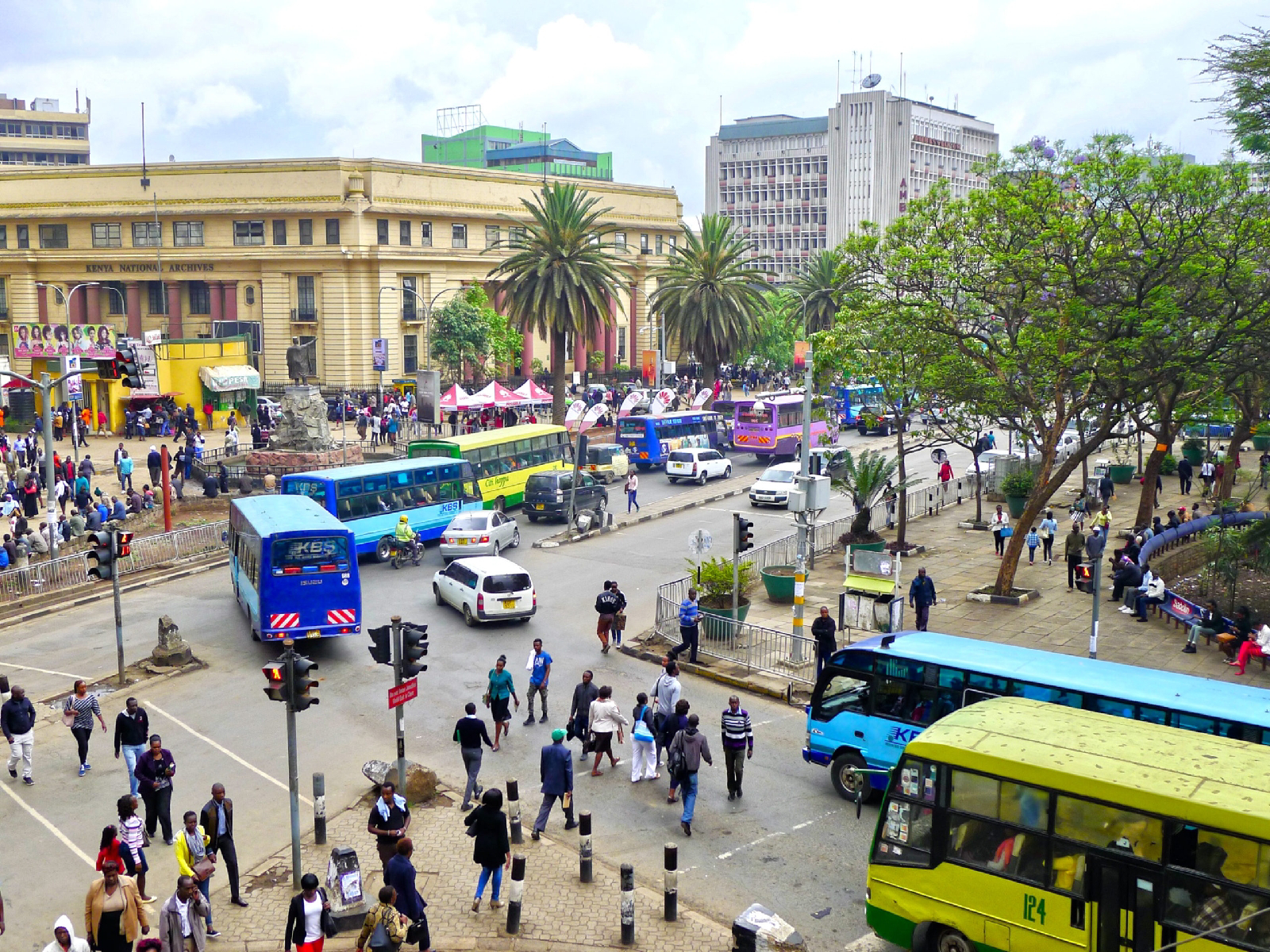Kenyan Government Records Major Strides in Reducing Living Costs, Boosting Economic Growth, and Expanding Healthcare Access
Nairobi, Kenya – November 4, 2024: The Kenyan government has made significant progress in reducing the cost of living, fostering economic growth, and enhancing healthcare access for its citizens. In a press briefing at the Kenyatta International Conference Centre (KICC), Government Spokesperson Hon. Sen. (Dr.) Isaac Mwaura outlined the key achievements under The Beta Plan, an ambitious reform agenda led by President William Ruto.
Dr. Mwaura announced that recent government efforts have brought down fuel prices, eliminating the need for subsidies and resulting in immediate savings for Kenyans. These savings have benefited both households and small businesses, such as transport operators who rely on affordable fuel to support their families and communities. One Kisumu boda boda operator, John Odongo, shared that the lower fuel costs now allow him to save KSh200 daily, funds he is putting toward his children’s school fees and reinvesting into his business.
Food costs have also declined due to the government’s fertilizer subsidy program, which has boosted crop yields in key agricultural regions. This initiative has helped make staples like maize and beans more affordable for families across the country, reducing the strain of rising food prices. As a result, essential items such as unga, sugar, and cooking oil are now available at significantly lower prices.
Kenya’s currency has stabilized, with the shilling now standing at KSh130 against the dollar compared to KSh162 earlier in the year. This stability has brought predictability to import costs, benefiting key sectors such as fuel, pharmaceuticals, and industrial goods, and further supporting the country’s economic resilience. Inflation has dropped to a remarkable 3.6%—its lowest since 2012—providing Kenyans with more stability in everyday prices and enabling households to better manage their budgets.
Kenya’s corporate sector is also showing signs of recovery, with major companies reporting profit turnarounds. Kenya Power and Lighting Company reported a net profit of KSh30 billion, attributed to increased electricity sales and currency stabilization. Kenya Airways posted a profit of KSh513 million for the first half of 2024, a significant improvement from last year’s losses, while KenGen saw a 35% increase in its profits due to revenue growth from renewable energy sources.
The government emphasized its commitment to public-private partnerships (PPPs) as a sustainable approach to development. Successful PPP projects, like the Nairobi Expressway and Ruiru Affordable Housing Project, are already making a positive impact, while the KSh270 billion expansion of Jomo Kenyatta International Airport (JKIA) aims to meet growing passenger demand. Dr. Mwaura highlighted that PPPs allow Kenya to reduce public debt while benefiting from private sector efficiency, ultimately ensuring cost-effective, high-quality services for the public.
On healthcare, the Social Health Insurance Fund (SHIF) is advancing the government’s goal of universal health coverage. More than 13 million Kenyans are now registered with the Social Health Authority (SHA), which has partnered with thousands of healthcare providers across public, private, and faith-based facilities. The SHA has also increased support for cancer and renal care, easing the financial burden for patients like Stanley Mwiti, a dialysis patient in Nakuru, who now receives full coverage for his treatments.
The government’s SHA National Sensitization Program is also actively working with local leaders across various regions to promote awareness and support for the new health system, aiming to alleviate the financial burden of healthcare on families.
These milestones under The Beta Plan demonstrate the government’s commitment to improving living standards, stabilizing the economy, and building a more inclusive healthcare system. As Kenya continues to implement these reforms, the government remains focused on delivering a stable and resilient future for its citizens.




Comments
Post a Comment